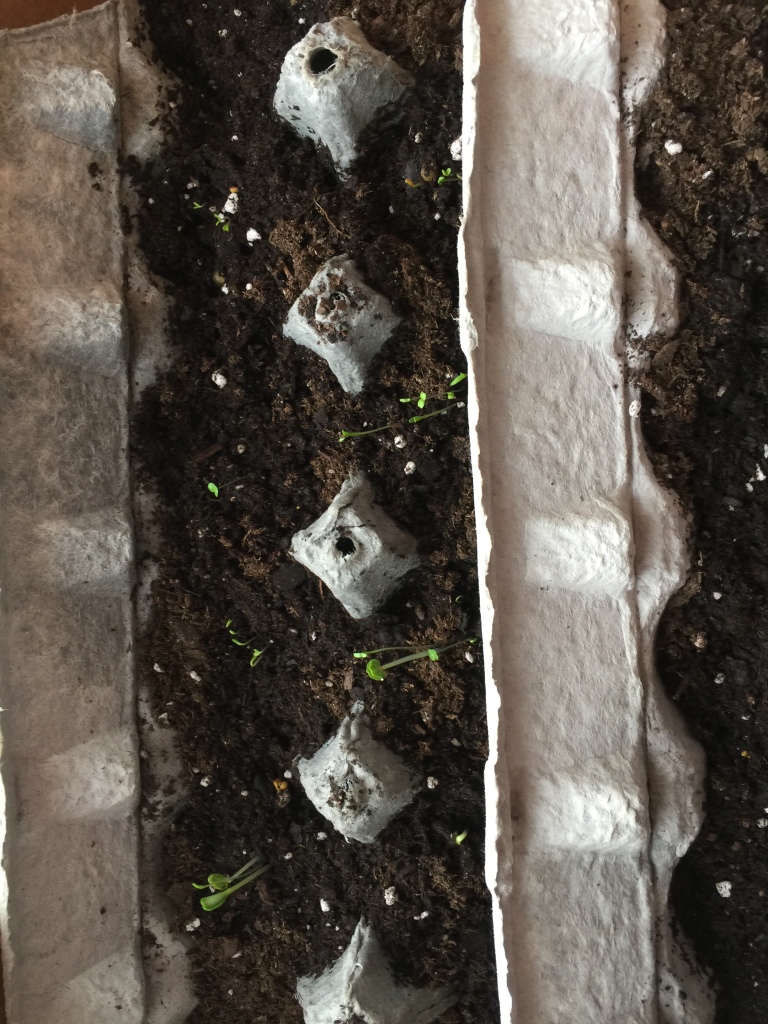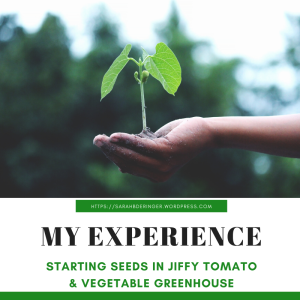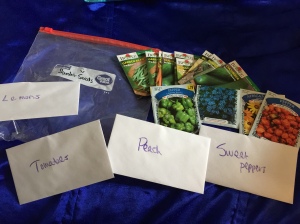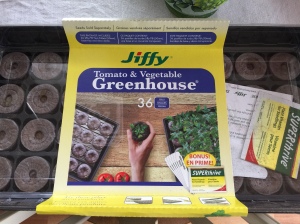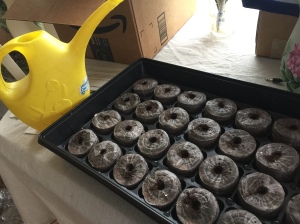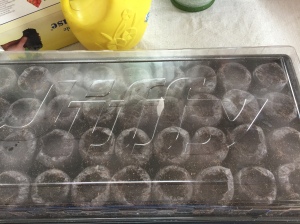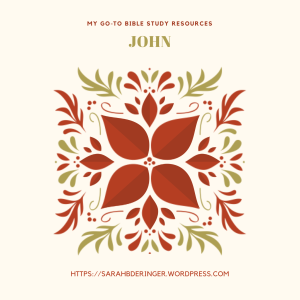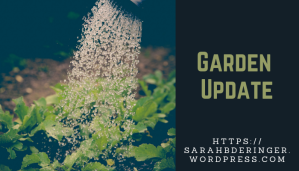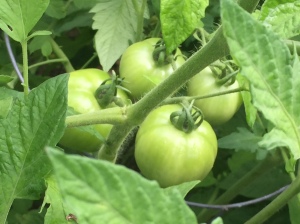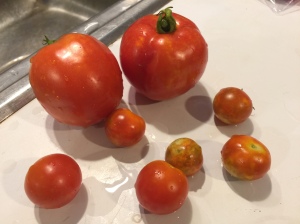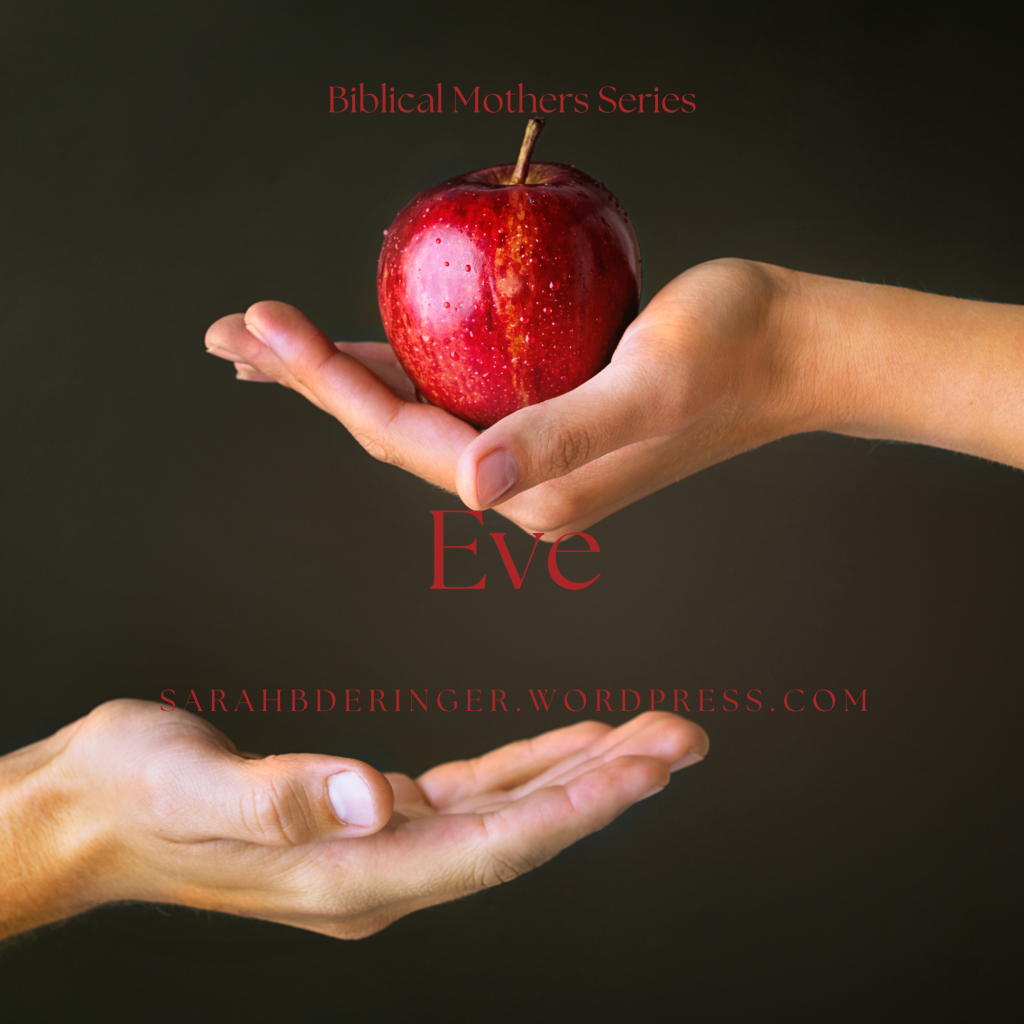
God has a high regard for mothers, and a woman’s highest calling outside of being a believer in Christ is to be a wife and a mother. God told Eve in the garden of Eden that the source of her hope was coming, and that source would be brought into the world through motherhood and a lineage. Eve was the mother of all people that would come from her and Adam; her motherhood was imperfect due to hers and Adam’s sin. However, even though sin would mar motherhood, God’s glory would still be had through and in spite of motherhood. Therefore, in this series, we will be taking a closer look at mothers in the Bible.
Eve
The first mother we take a look at is Eve; her story can be found in Genesis 2-4. Eve was formed from Adam’s rib that God took from Adam, while Adam was put in a deep sleep. When Adam saw her he called her woman because she had been taken from man (Genesis 2:18-24 NASB). God brought together the first man and woman to create a covenant marriage, and no one should be separate the man and wife.
The Fall and The Curse
Adam and Eve were in the garden of Eden and charged with the duty of taking care of and overseeing the garden and the animals. Enter in the snake, which was actually Satan. The snake asked Eve if God told her that she could not eat from any tree in the garden; Eve answered incorrectly and said that she and Adam could eat the fruit from any tree but not eat or even touch the tree in the middle of the Garden of Eden or they would die (Genesis 3:2-3 NASB). Side note: In the Bible, it is not mentioned what kind of fruit it was, but many assume that it was an apple. It might not have been – what if it was a peach, a pear, or another fruit? We do not know for sure.
The truth is that God had said, “From any tree of the garden you may eat freely; but from the tree of the knowledge of good and evil you shall not eat, for in the day that you eat from it you will surely die.” – Genesis 2:16-17 NASB. When the snake told her that they would only become like God if they ate from the tree rather than die, Eve listened to the snake rather than believing God. She was not alone at fault; Adam was right there with her in the garden and made no effort to correct her. Adam had the opportunity and the obligation to kill the snake right then; however, he ate the fruit too.
When their eyes were opened to what they had done, Adam and Eve hid themselves. God called them out and pronounced the curse on the serpent, the curse on childbirth, the curse on the ground, and the promise of death.
Receiving a Name and a Promise of Hope
In the midst of the curse, God gave grace by sharing the protoevangelium. God was the first to proclaim the Gospel:
“And I will put enmity between you and the woman, and between your seed and her seed; He shall bruise you on the head, and you shall bruise him on the heel.” – Genesis 3:15 NASB
The One to crush the snake was coming, and He would be born of a woman. The One to come is Jesus, and Adam and Eve could look for Him to come and rescue them. There is hope.
And she was called Eve because she “was the mother of all the living” (Genesis 4:20 NASB). I found it interesting that it was not mentioned in Scripture that her name was Eve until after she and Adam sinned AND after God pronounced the curse and the protoevangelium. In Scripture before that she was just known as the woman. This seems similar to how believers when coming to Christ receive a new identity (2 Corinthians 5:17).
Going Through Pain and Holding onto the Promise
Eve had Cain and Abel and experienced the pain of childbirth, and she also experienced the pain of the loss of a child when Cain murdered Abel. Eve would have been looking to Cain and / or Abel to be the one to crush the snake, but she found out that neither were the One to come. God gave Adam and Eve a new baby boy, Seth. Was He the Promised One? Well, we see in Genesis 5 that Seth died and was not the Promised One. However, Eve’s story begins the waiting for the Promised One, and she would be telling the next generation about the One to come – the One promised by God to save them. Even when Eve sinned, God is still so good and so overflowing with grace.
My Takeaways from Eve’s Story
- We need to be careful in what words we choose to say that God has said; we may be wrong.
- We need to help others when we see them going astray.
- We need to be careful and discerning about whom we choose to listen to.
- God is such a grace-giving God and so faithful. He is worthy of praise!
- We can be and should be looking for the return of Christ, the One foretold in the garden.
Resources on Biblical Motherhood and Eve
- Eve in Exile
- Praise Her in the Gates
- Loving the Little Years
- You Who: Why You Matter and How to Deal With It
- The Fruit of Her Hands
- God’s High Calling For Women
- Risen Motherhood
- Missional Motherhood
- Devoted: Great Men and their Godly Moms
- Gospel Mom
- Standing on the Promises
- Twelve Extraordinary Women
- Feminine Appeal
- Lies Women Believe
- Biblical Portrait of Womanhood
- Biblical Womanhood in the Home
Join in on the conversation!
I always love hearing from my readers, so feel free to comment on this post or take the conversation to x.com/sarahderinger88.
- Do you enjoy studying the Bible?
- In what ways do you see God’s grace in your life?
- What books or resources would you add to the list for studying the women of the Bible?
- What is wisdom and advice that you would give to a mom or a woman who hopes to be a mom someday?
- What other lessons could we learn from Eve’s life?


